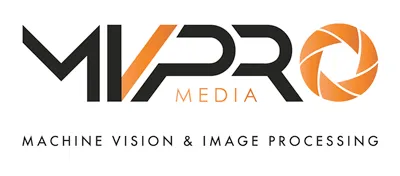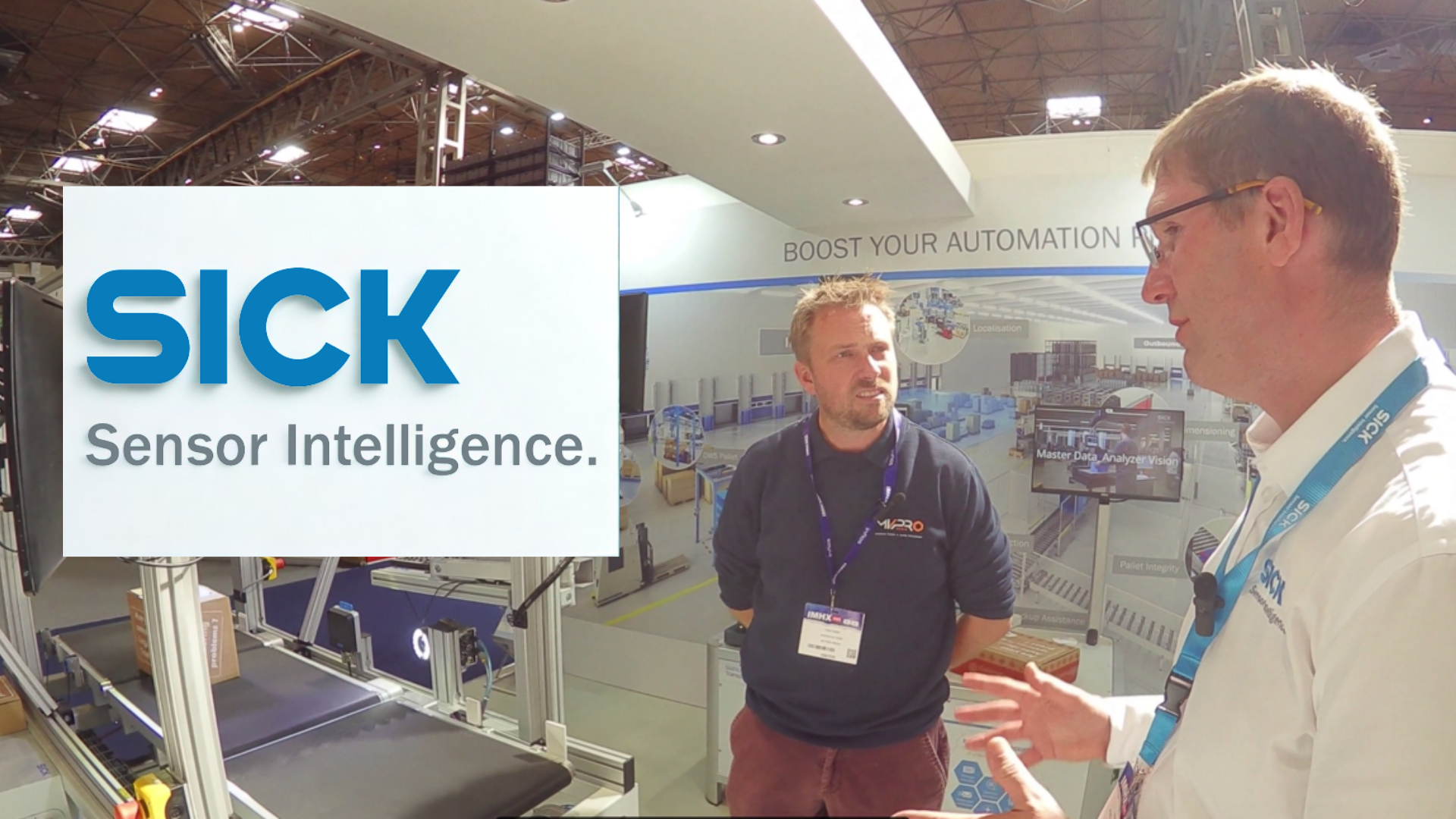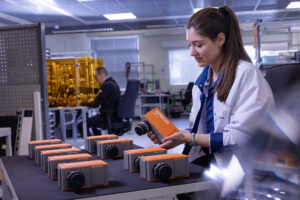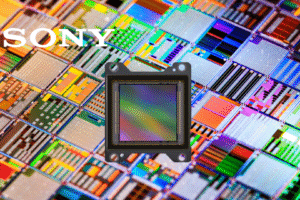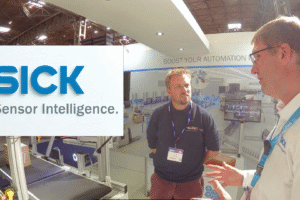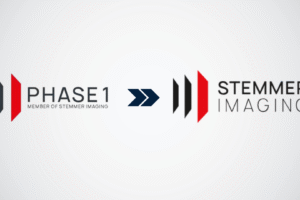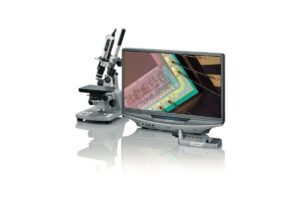Welcome back to another instalment of our exclusive series of interviews with machine vision CEOs! Joining us this time is Jan Hartmann from IDS Imaging Development Systems.
Jan takes us through IDS’ wide array of solutions, outlines their key sectors and predicts which markets will see the most growth.
1.) What can you tell us about your journey in the industry?
I started in machine vision after graduating from university. IDS is a family business; as a son of the company founder, I grew up with the topic of image processing. However, the idea of innovation that has always prevailed at IDS – the desire to create something new – is firmly anchored in all of us.
2.) Moving onto IDS, can you give us an overview of the company and its ethos?
IDS Imaging Development Systems GmbH develops advanced imaging solutions, specialising in high-quality USB, GigE, 3D, and AI-powered intelligent cameras and vision systems for industrial, medical, and security applications. The products are designed to offer robust performance and precision in capturing and analyzing visual data across various demanding environments.
Our commitment to innovation and customisation distinguishes ourselves in the vision sector. IDS offers a variety of cameras that are easily integrated into existing systems, meeting the specific needs of diverse applications. We place a strong emphasis on the quality and reliability of our German-engineered and produced products.
IDS offers a broad range of sensors and technologies in Areas like Area Scan, 3D and AI-powered intelligent cameras. Coupled with our exceptional customer support and service, we are planning to strengthen our status as a technology and quality leader.
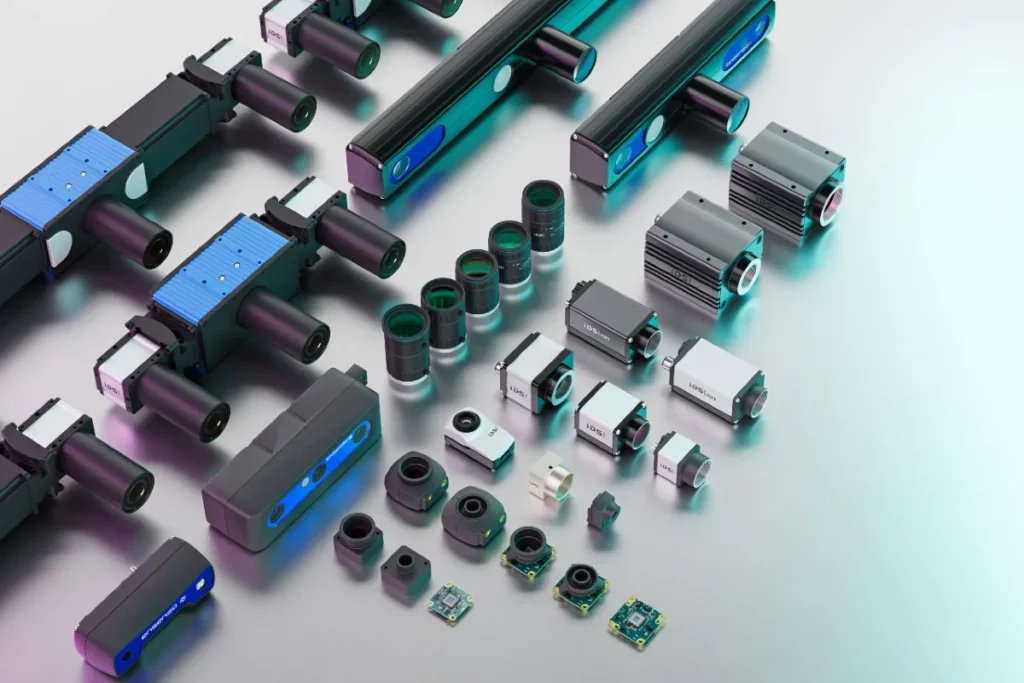
3.) Which products have brought IDS the most success?
In the classic area of industrial area scan cameras, the larger share is for cameras with a USB interface. Our uEye camera families from the CP, LE and XCP/XLS model series have been particularly successful.
Our 3D cameras also generate a very large portion of sales. Intelligent cameras with AI are becoming steadily more popular, but in terms of sales are currently still at a modest level. Nevertheless, there are many exciting projects in the pipeline.
4.) Where are these products most distributed?
Our products are supplied globally, serving a wide range of markets and industries worldwide. The global reach ensures that we can support our customers across different countries faster, adapting to specific regional needs and regulatory requirements.
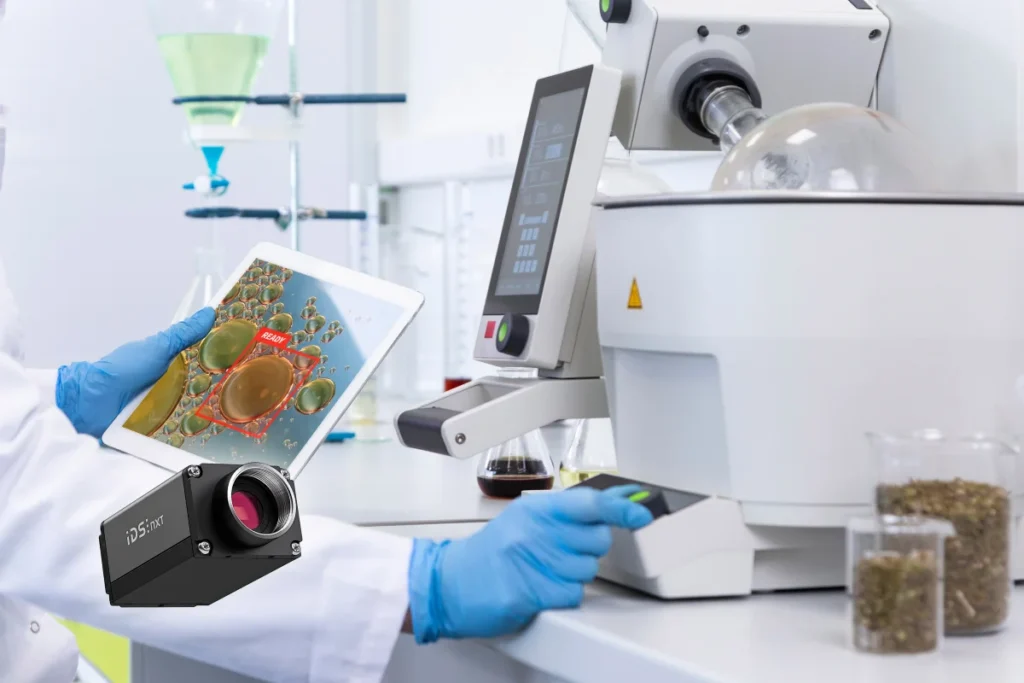
5.) How do your products boost efficiency, and where?
Industrial cameras record quality characteristics or consumption data, for example. Used in quality assurance or inspection, they reduce rejects and avoid complaints, returns or repairs. Even the smallest irregularities must be recognised to ensure that products are fully functional and flawless. AI systems can help by automatically analysing images of faulty parts and recognising patterns that indicate defects.
The system can automatically make decisions, e.g. reject inadequate parts. In this way, both inspection time and defects can be minimised – by permanently monitoring processes, they help to identify and optimise bottlenecks. In robotics and automation, cameras enable collaborative work and support employees in physically difficult or monotonous tasks. At the same time, image processing systems can help to reduce energy consumption in production and enable light-out manufacturing.
By using machine vision technologies in manufacturing, companies can therefore not only improve their product quality, but also save resources and produce in a more environmentally friendly way overall. This contributes to sustainability, reduces costs and increases competitiveness. In combination with artificial intelligence, the potential is multiplied.
6.) Lastly, do you have any predictions for 2024 in regards to the machine vision space?
This year and beyond, I see a growing market in areas like battery inspection, logistics and agriculture. On the technology side, we will see faster interfaces and more developments in the 3D-Camera market.

Jan Hartmann – IDS Managing Partner
Jan Hartmann studied economics at the Goethe University in Frankfurt after completing his training as an IT specialist. He then joined the IDS Group in 2017. Initially, he was responsible for the corporate real estate division and afterwards for the sister company IDS Innovation. Before his entry into the IDS management board in March 2020, he was already in charge of the banking, insurance and legal departments.
